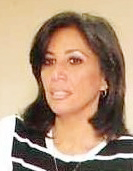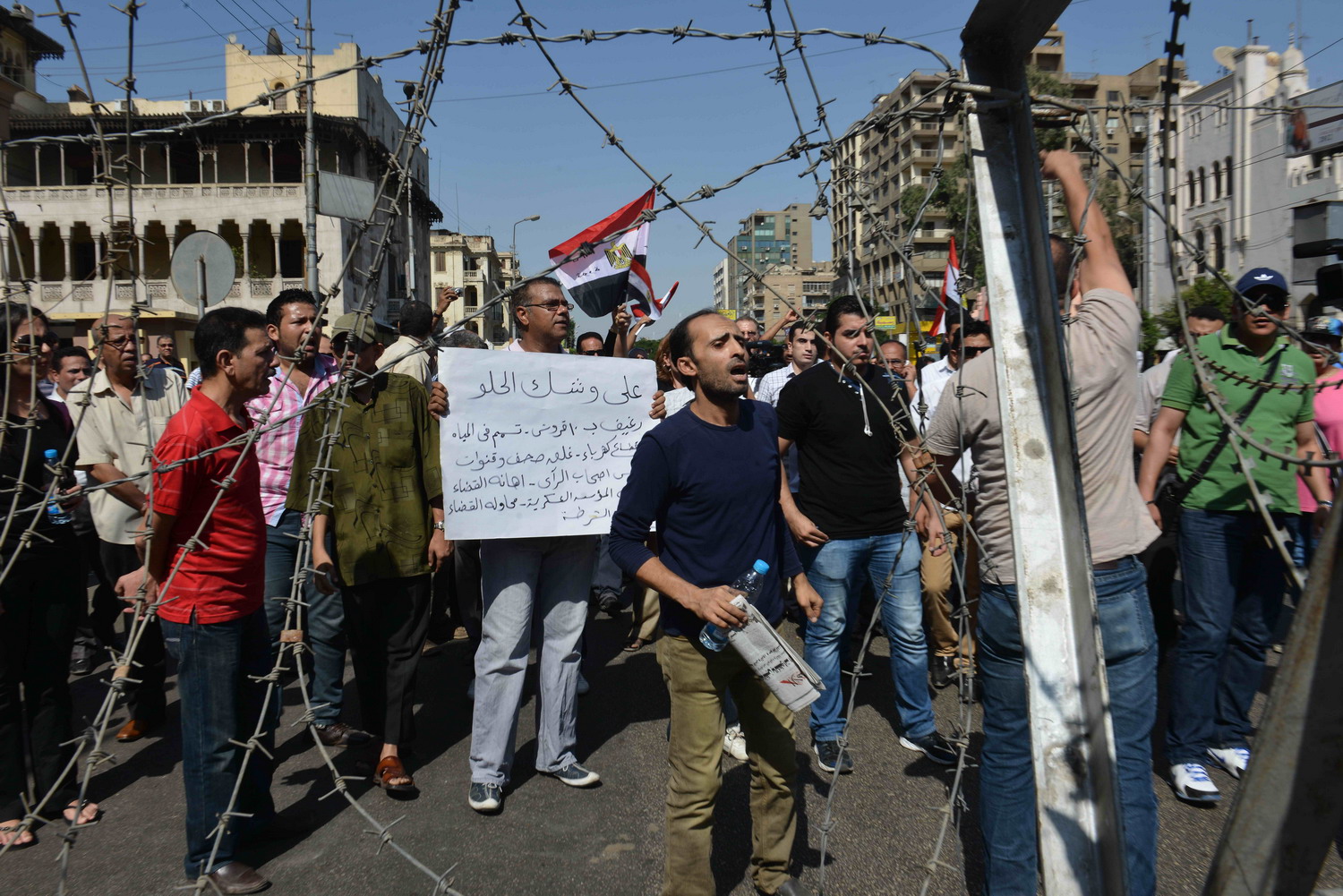
In March 2011, blogger Maikel Nabil became the first prisoner of conscience in Egypt, post-revolution. He was arrested and detained on charges of spreading rumours about the armed forces and criticising the military in his blog posts. Nabil was tried in a military court and sentenced to three years in prison, but was released after spending ten months behind bars. Another young Egyptian may now suffer a similar fate.
Alber Saber, a computer science graduate and a former Coptic Christian-turned-atheist was arrested and detained last week on charges of “showing contempt for religion.” He had earlier (allegedly) posted the anti- Islam video that sparked the recent anti- US protests across the Islamic world on a Facebook page he administers. Saber had also used the page Egyptian Atheists to promulgate his liberal views on religion, views that would shock many in today’s conservative Egypt.
When I heard the news of Saber’s arrest, I was instantly reminded of Maikel Nabil’s case. Nabil had accused the military of conducting virginity checks on female protesters arrested near Tahrir Square a few weeks after the mass uprising that toppled President Hosni Mubarak; an accusation to which three senior military generals later admitted. He had also suggested in his blog that military service should no longer be compulsory.
Other pro-democracy activists like Asmaa Mahfouz (former member of the April 6 Movement) and journalist Nawara Negm had also criticised and insulted the military but had not been prosecuted. Instead, Mahfouz was “pardoned” after being reprimanded by investigators.
The difference between the two young women and Nabil was that he was a self-proclaimed atheist who also supported normalisation of relations with Israel. Clearly, Nabil was punished both for his religious beliefs and for his “controversial” views that the government feared would “disturb public security.”
Nabil spent ten months in solitary confinement. He was hospitalised a number of times after going on hunger strike to protest his confinement. I remember visiting Nabil in El Marg prison on 1 October 2011. It was the 38th day of his hunger strike and his 26th birthday.
He was only consuming juice and water and looked like a skeleton with skin pulled over him. His voice was hardly audible as he complained of maltreatment by prison guards and fellow inmates at the hospital. He said they were hostile towards him because they believed he deserved to be punished for denying the existence of God.
Fortunately, Nabil did not complete his jail term but was released on the anniversary of the revolution (on 25 January this year), less than a year after his arrest. Months of relentless campaigning by rights groups against military trials for civilians had finally paid off and Nabil was set free alongside other detainees ahead of a planned “million man march” to protest the unjust trials.
I met Nabil on the day of his release and was struck by his defiance and lack of remorse. Flanked by scores of supporters, Nabil headed straight to the iconic Tahrir Square, flashing the victory sign as we walked and chanted “the revolution continues.” The military council that took up the reins of power after Mubarak’s fall is no longer in control. Islamist President Mohamed Morsy has successfully wrested full powers from the SCAF, yet paradoxically, the same policies stifling free speech continue under the rule of Morsy, a former Muslim Brotherhood member who himself was imprisoned for his ideology.
In his speech on Tuesday to the Clinton Global Initiative in New York, Morsy called for limits to freedom of speech saying, “free expression must come with responsibility.” Saber’s detention is the latest crackdown on free expression by the new government and has fuelled concerns over restrictions on free speech.
In a Twitter post, journalist Mohamed Fadel Fahmy reminded his followers on the social media network this week that blogger Kareem Amer had been imprisoned and tortured for four years under Mubarak. “Now under Morsy, Saber suffers a similar fate,” he lamented. The latest blasphemy case has angered rights activists who accuse the government of “double standards”.
They question why charges have not been pressed against Salafist TV presenter Khaled Abdalla who first showed parts of the inflammatory film Innocence of Muslims on his show on an independent channel, triggering the anti- US protests in Cairo and Alexandria. Coptic Christian lawyer Nabil Ghabriel meanwhile said, “Saber’s detention has inflamed the sentiments of Copts fuelling fears they may face greater discrimination and injustice under Islamist rule.”
There are growing concerns for Saber’s safety after he was attacked with a razor blade by prisoners shortly after his detention. Meanwhile, a new Facebook group, Free Alber Saber, has so far attracted nearly four thousand supporters signaling a growing awareness of the right to free speech in the “new” Egypt. Hundreds of messages from Saber’s fans, expressing solidarity with the detained activist, have been posted in recent days. There’s also a chilling note from Saber’s mother who has been evicted from her home by an angry mob following her son’s arrest.
“Alber was tortured at the police station while those who aired the film are free. The Islamist Observatory was the first to post the offensive film on its page and the TV station, El Nas aired it. They have left them and persecuted us,” she wrote.
Egypt has seen increasing flare-ups in sectarian tensions in recent years. Hopefully, Alber Saber’s case won’t be the spark that ignites another fire. Shahira Amin is an award-winning freelance journalist and former deputy head of Nile TV. She quit her job at the height of last year’s uprising in Tahrir Square in protest at state TV’s biased coverage of the revolution. Amin is also a longtime contributor to CNN International.


